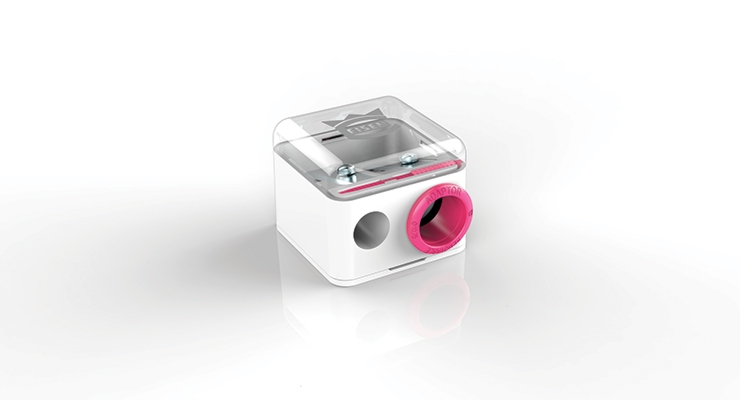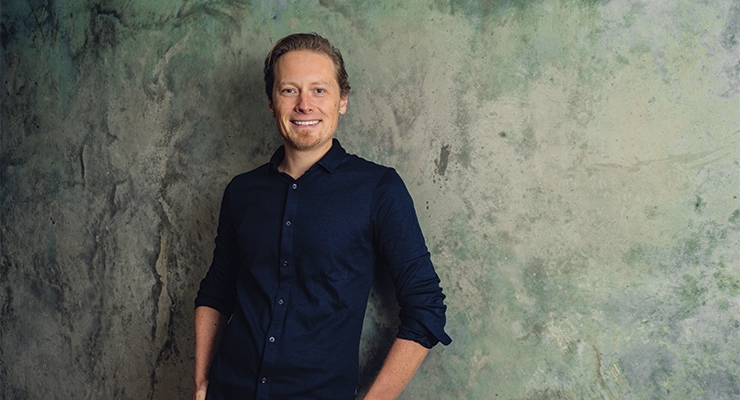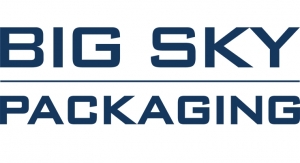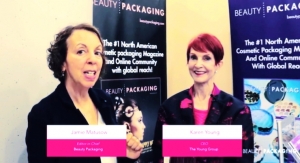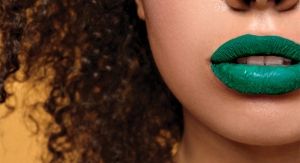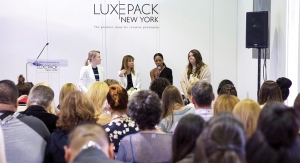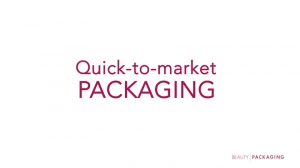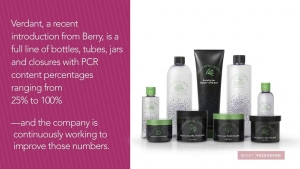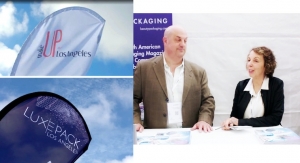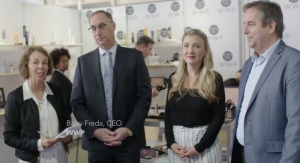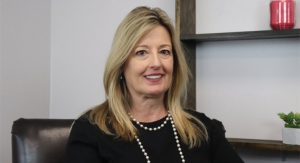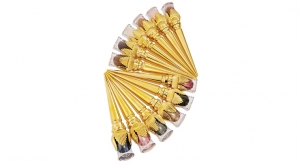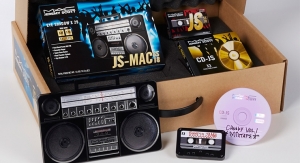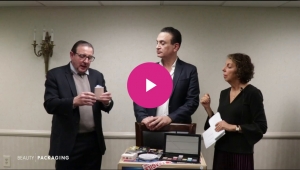Jamie Matusow, Editor-in-Chief06.10.19
Nearly a century ago, Eisen began making a name for itself in the stationery market, with sharpeners soon dominating. In the ’80s, the cosmetic pencil became more popular and today, the cosmetic industry accounts for more than half of the manufacturer’s turnover. Here, Beauty Packaging catches up with Stephan Eisen—CEO and 4th generation of the Eisen family to lead the company—on new investments, how they’re continuing to change the cleanliness and precision of the sharpening experience, new patents and more.
Jamie Matusow: Please provide a brief history of Eisen, your capabilities, and manufacturing facilities.
Stephan Eisen: Eisen was founded in 1921, 98 years ago by my great grandfather Christian Eisen. Although different products were produced in the beginning, sharpeners were very soon the main business. Already at that time we produced for pencil manufacturers from the nearby city of Nuremberg on the one hand and for importers overseas on the other hand. So, we were an OEM manufacturer for the stationery brands, but the importers from other countries often bought the sharpeners with our own “Eisen” brand and the crown logo. In the ’80s the cosmetic pencil became more popular and Eisen started to develop sharpeners specially designed for use with cosmetic pencils. As I took over the company a few years ago, the cosmetic business was already so strong that it was more than half of our turnover, with stationery sharpeners being a little less than the other half.
Jamie Matusow: Any major investments?
Stephan Eisen: We are constantly investing in our production lines to make the process more automated in terms of assembly as well as quality control. Another major investment we had early on this year was in a new high-speed punching press for more speed and more output as well as for more precision in our blades manufacturing.
With a 600K € price tag, a new punching press needs to punch a lot of sharpener blades to pay for itself. And the punching process is only one of 10 steps that are necessary to produce the blade of the sharpener. In addition to the blades, we have to produce the sharpener bodies and we added two new Arburg injection machines to our injection molding department in Germany, also in early 2019.
Jamie Matusow: What makes Eisen unique from competitors?
Stephan Eisen: We have and had our focus on the production and sales of sharpeners and sharpeners only and within that product category, our focus today is on the field of cosmetic sharpeners. We have competitors, but all of them are also producing and trading other items besides sharpeners and their focus is mainly on the stationery sharpeners and other stationery or drawing equipment.
We are the leading company in terms of turnover and innovation in the field of cosmetic sharpeners. Besides what makes us special is that we have a second plant in China which is a 100% owned daughter company where we also have capacities for injection molding and assembly—so we can offer the best from two worlds. For the blade manufacturing, however, we only have capacities in Germany and we also want to keep it this way.
Jamie Matusow: What types of sharpeners do you offer? Which is most unique? Most challenging to make?
Stephan Eisen: We mostly produce single- and dual-hole sharpeners for slim and jumbo cosmetic pencils. But we also have one sharpener for five different pencil diameters. Some sharpeners have special coatings, such as a soft-touch finish, or they contain mirrors as a further added cosmetic tool. We have one that is a combination of a pencil cap and a sharpener. It is known under the trademarked name ‘Sharpcap’. We also produce this type of cap-sharpener-combination for a major cosmetic pencil manufacturer in its own OEM design.
Jamie Matusow: Any new developments?
Stephan Eisen: We have some new inventions that aim at improving the cleanliness of the sharpener or let’s say the cleanliness of the sharpening experience during and after sharpening. One of these new ideas is especially aiming at the use of the sharpener with powder pencils. Another one is already on the market, which has an improved closure of the reservoir. We call it ‘Click-fit.’ It makes sure the sharpener is really closed and cannot open in your handbag and pour out the shavings.
Another thing under development is a special blade for improved sharpening with ‘sharpenable’ pencils that have a plastic barrel rather than a classic wooden barrel. Last but not least, we are working on ideas for improving automatic cosmetic pencils. Our passion is for the sharpenable pencil but since the automatic pencil is always there in the market, and since we saw potential for improvement there, we wanted to have a foot in the door for the future and get protection for these ideas we had. We have some pending patents and one granted patent in this area.
Jamie Matusow: How can sharpeners be customized to brands’ needs?
Stephan Eisen: Of course, we can offer the standard ways of customizing, for example adjusting the color of the product components, the logos’ appearances and positions, or the packaging.
But we can also, as we often do, design new sharpeners for a brand for their own needs, to match the appearance of a product range or adjust it to a special technical requirement.
Jamie Matusow: How many types of sharpeners does Eisen offer? How many sharpeners do you produce per year?
Stephan Eisen: We have about 50 different styles of cosmetic sharpeners and produce about 30-million of them each year.
Jamie Matusow: Why (if) is the U.S. market important to Eisen?
Stephan Eisen: Since we specialize on this one item and we work very hard in this niche, we supply to almost all of the major brands that carry cosmetic sharpeners in their portfolio and many of them are U.S. brands.
Jamie Matusow: At a time when sustainability is top-of-mind for many brands, what does Eisen offer in this regard?
Stephan Eisen: The Eisen factory is powered by companies that have renewable energy sources. Eisen also has been supplying sharpeners in PCR for many years. Whether the topic is innovation, sustainability or the highest quality standards, Eisen has made sure to pass these traditions from one generation to the next.

